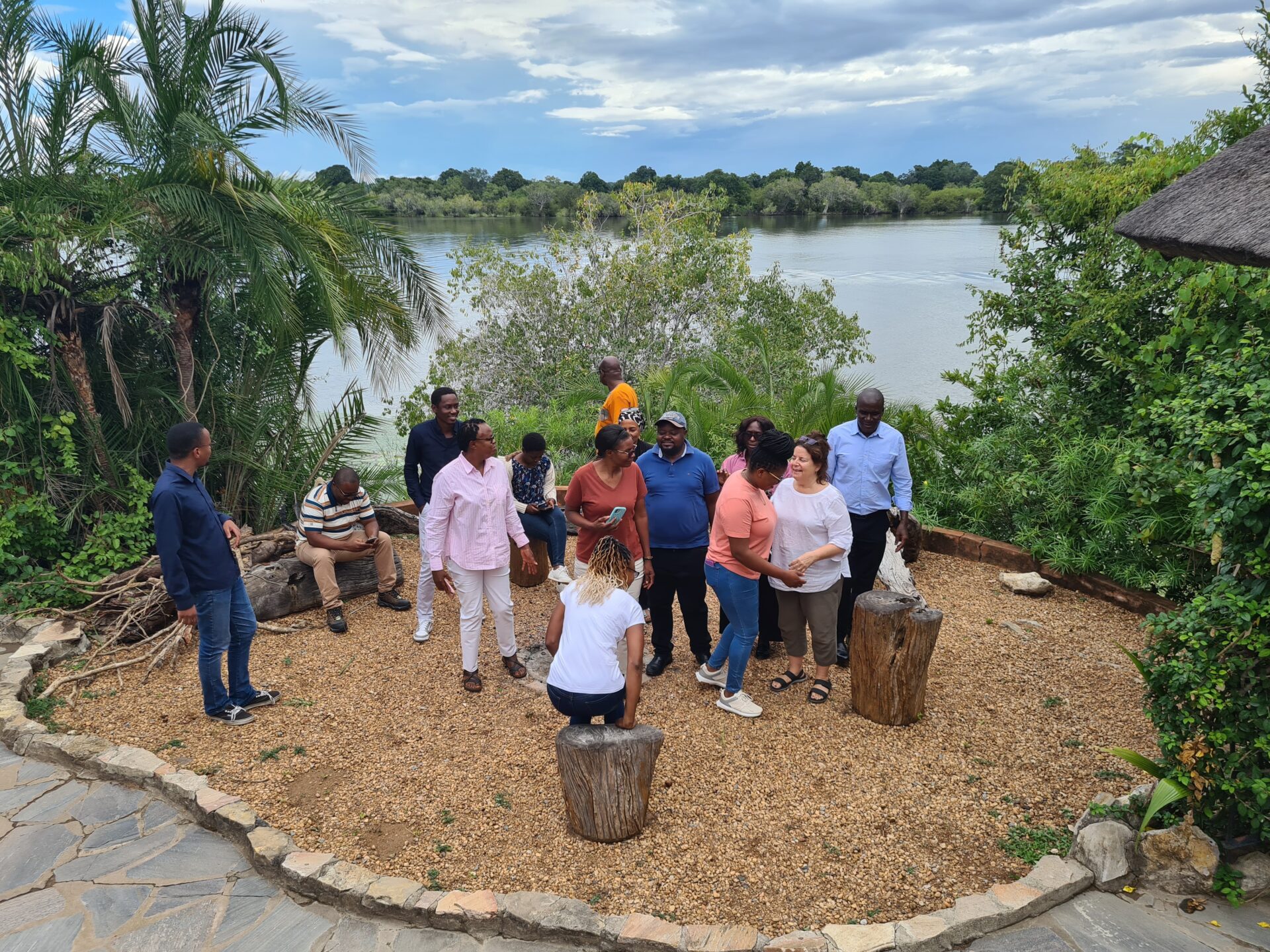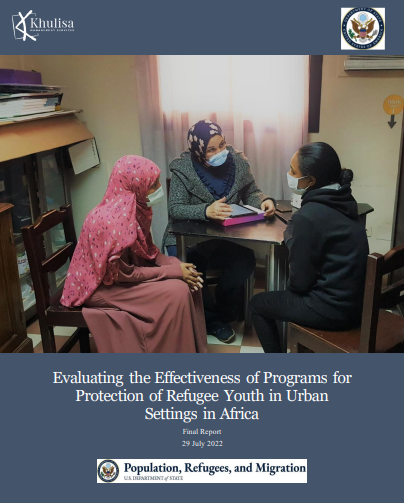We recently published a blog post by Margie Roper, leader of Khulisa’s new Education & Development Division, about current trends in the education evaluation sector. The post includes several valuable tips from Margie about how the education evaluation sector is evolving, and what evaluators can do to evolve with it. Last week’s post discussed Margie’s tip: Evaluate scale for systematic education reform. This week’s tip is: Behavioral science is key to understanding change processes.
Successfully driving change in the education evaluation process depends on a variety of different factors. The most important factor is understanding what drives the people participating in your evaluation.
“Change is driven by individuals,” Margie says. She explains that to achieve substantive change, evaluators must understand a range of factors, including program pathways to change, how different individuals learn, and social and cultural influences on behavior. Understanding and considering individual behaviors has become particularly important during the Covid-19 pandemic.
Khulisa recently conducted a study of the psychosocial effects of Covid-19 on teachers, principals, learners, and parents, and the teaching/learning practices of these groups. These groups experienced high levels of stress during the pandemic, and those stresses affected their wellbeing and resilience. “In order to make substantive recommendations to the client, our evaluators needed to fully understand the range of challenges and emotions that Covid-19 is causing for each of the groups studied,” says Margie.
“Now more than ever before, classrooms are multi-grade classes, given the considerable differences in learning experiences over the past two years and ongoing backlogs in achieving learning outcomes,” Margie explains. “Teachers need skills to provide inclusive, differentiated, and pedagogically sound learning experiences for children. Behavioral science needs to be integrated into our evaluation frameworks, indicators, analysis, and evaluative judgements.”
Read Margie’s blog post for the full list of tips and more on Khulisa’s Education & Development Division.


